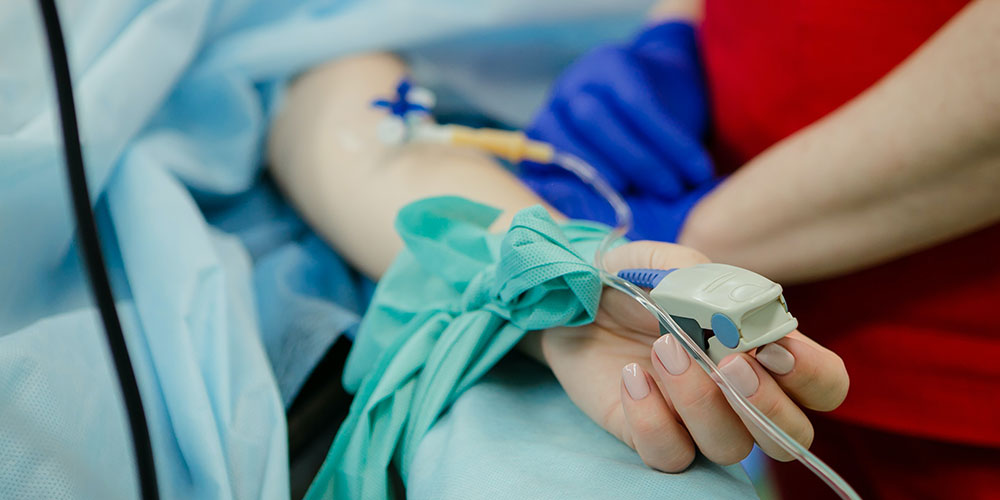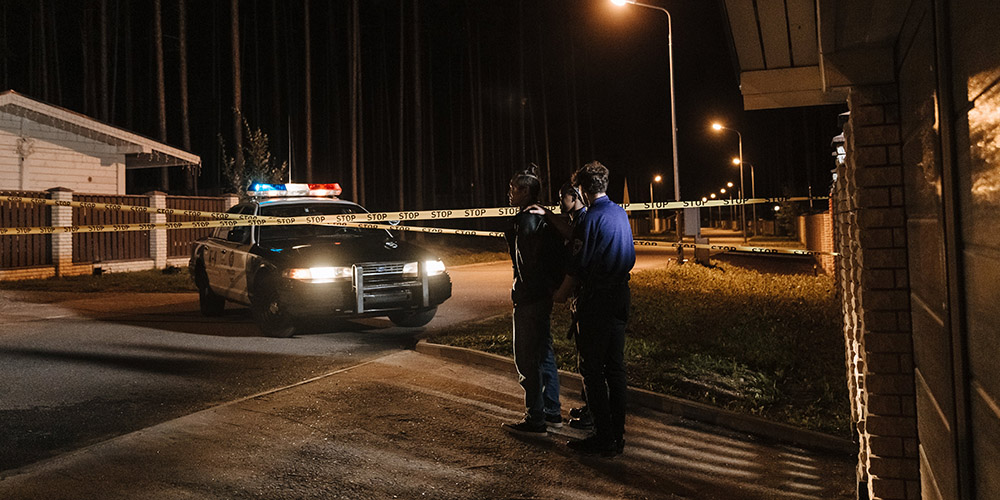Addiction among young adults, typically aged 18 to 24, poses unique challenges that demand tailored rehabilitation approaches. According to the 2018 National Survey on Drug Use and Health, 1 in 10 young adults has an alcohol use disorder and 1 in 7 young adults has a substance use disorder.
These alarming statistics highlight the need for continued efforts to address and prevent substance abuse among young adults. In this guide, we delve into the world of addiction rehab for young adults, offering valuable insights and support to navigate the path to recovery.







